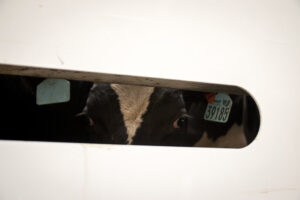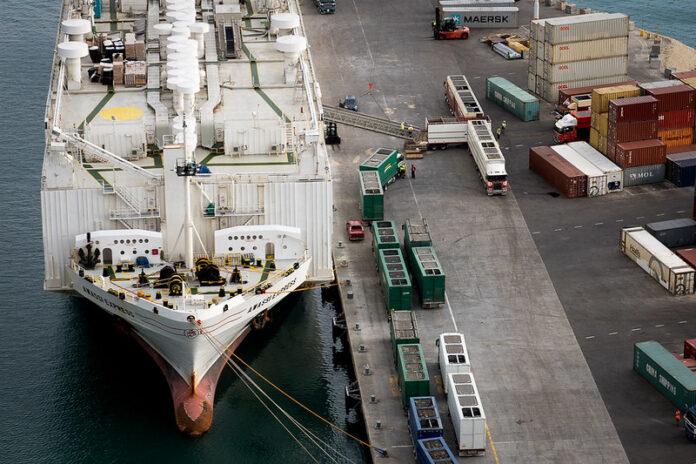Driven by welfare concerns, New Zealand government has announced that it has banned the live export of cows and other farm animals by sea. The ban would take up to two years to be fully enforced so to allow easy transition for those who had invested in this business. According to Agriculture Minister Damien O’Connor, the ban was required as there was no way to safeguard the welfare of transported animals once they left the shores of New Zealand’s. “Risk to the country’s reputation outweighed any financial gains,” he was quoted as saying.
Last year, the country temporarily suspended live exports after a China-bound ship carrying 5,800 cattle sank in stormy weather near Japan, killing more than 40 crew members and the animals.
O’Connor said, “New Zealand must stay ahead of the curve in a world where animal welfare is under increasing scrutiny if we truly want to be the most ethical producers of food.”
New Zealand’s live animal exports stood at NZ$261 million last year, a threefold increase from the previous year after exporters rushed to beat any potential ban. It still accounted for only a tiny fraction of the nation’s overall agricultural exports, which are its biggest earner of foreign income.
China, which is country’s largest trading partner and a big purchaser of live cattle, did not respond on the plans for the ban. The minister said he wasn’t worried about offending China. “It’s not China. It’s about animal welfare,” Mr. O’Connor asserted. “We have a mature relationship with them, and I’m sure they understand our position.”



The ban, however, is limited to sea and does not affect live animals that are transported by air, such as race horses.
New Zealand’s farmer lobby group Federated Farmers said they were surprised by the fan as they adhered to very high animal welfare standards. Opposition lawmaker Mark Cameron, from the libertarian ACT Party, called the decision emotive, costly and a “kick in the guts” to farmers.
The ban, which will be fully enforced from 2023, has been welcomed by animal rights group SAFE, which had been campaigning in favour of the ban. Chief executive of the SAFE Debra Ashton said animals would no longer suffer in countries with lower welfare standards. Still, Ms. Ashton said it was worried that hundreds of thousands of cows could still be exported by sea over the next two years and that air exports of animals like baby chickens and eels would continue.
According to SAFE, New Zealand exported almost 110,000 cows to China by sea in 2020. Such cows spend their lives in concrete intensive farms, where they will be used for breeding and milk production. Besides cows, every year New Zealand also exports millions of other animals, including goats, sheep, pigs, deer, llamas, alpacas, horses, chicks, and bees. It is also an exporter of aquatic animals such as eels and crayfish. These animals are not even counted as individuals, merely weighed in bulk.


